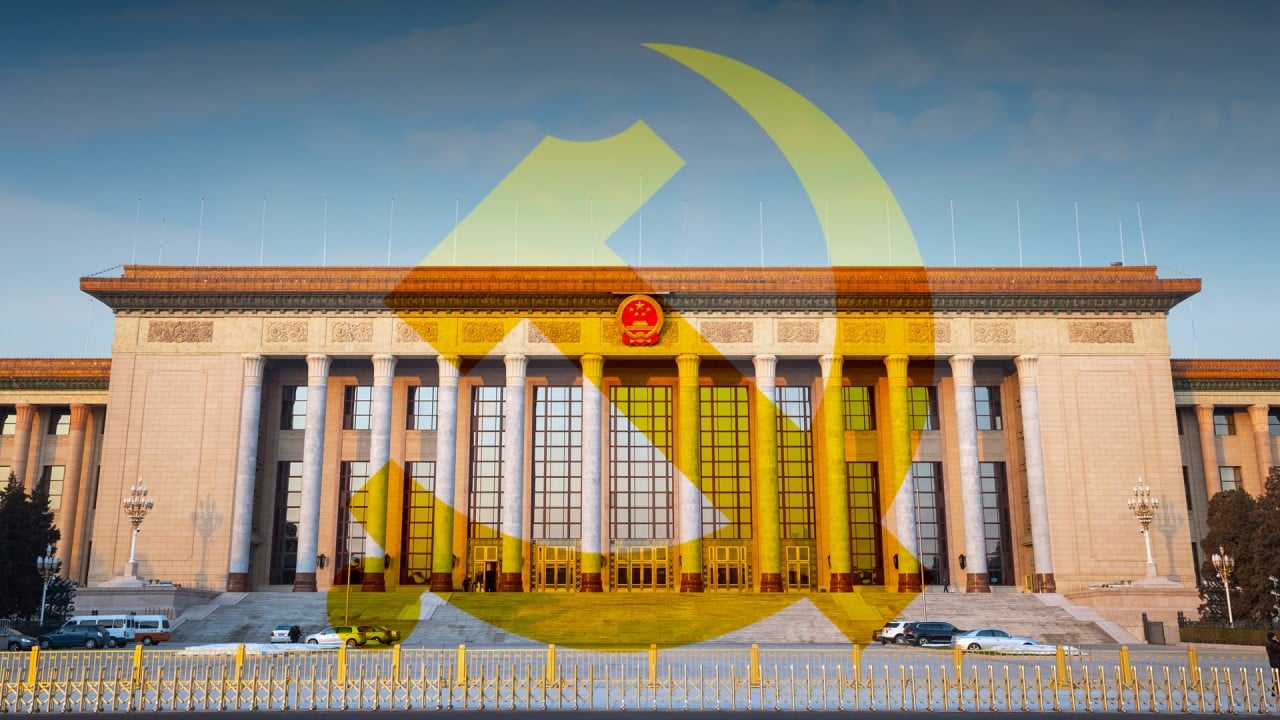
Former Chinese police boss Fu Zhenghua admits corruption
- Fu, who served as deputy minister of public security, pleads guilty to taking bribes worth almost US$15 million and hiding his brother’s alleged crimes
- He was once a rising political star but suffered a series of career setbacks starting in 2016
Fu, 67, who appeared before the Changchun Intermediate People’s Court in the northeastern province of Jilin on Thursday, admitted all charges.
Prosecutors accused Fu of “accepting huge amounts of bribes” worth 117 million yuan and abusing his power while in a range of senior positions from 2005 to 2021, including his time as deputy chief and director of the Beijing Public Security Bureau and deputy minister of public security, which oversees the country’s police forces.
Former Chinese police boss to face court on corruption charges
“Fu Zhenghua took advantage of his official authority or position to seek gains for others in business operations, official positions and legal cases, and [in return] illegally accepted money and gifts … either directly or through his relatives,” state news agency Xinhua quoted Changchun prosecutors as saying.
Prosecutors also accused Fu of hiding evidence of suspected crimes committed by his brother, Fu Weihua, and failing to handle the case in accordance with the law from 2014 to 2015 as director of the Beijing Public Security Bureau.
“[This] resulted in Fu Weihua not being prosecuted for a long time, and the circumstances were extremely serious,” prosecutors said.
Fu pleaded guilty and expressed remorse at the trail. The court announced a recess, with sentencing to follow at a later date.
The party’s anti-corruption watchdog, the Central Commission for Discipline Inspection, said in April that Fu had “completely abandoned his ideals and beliefs, was never truly loyal to the party and the people, and completely lost his party spirit and principles”.
China’s anti-corruption watchdog investigates minister leading tech drive
But Fu’s career suffered from a series of setbacks between 2016 and 2018, starting with the loss of his role as deputy director of the party’s top security organ, the Central Politics and Legal Affairs Commission, followed by his removal from the police force.
He became the justice minister in 2018, but in that role he was mainly tasked with overseeing lawyers and prisons, and the position was considered less powerful than his previous police chief role.


